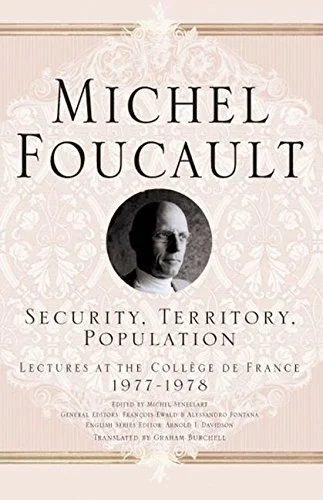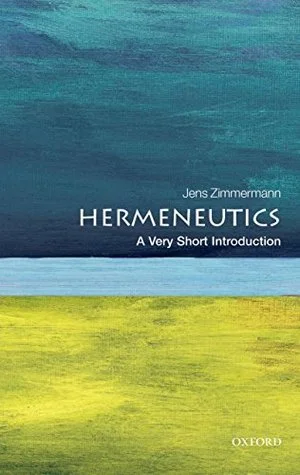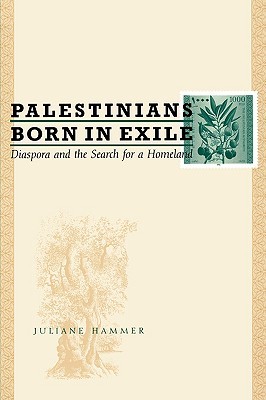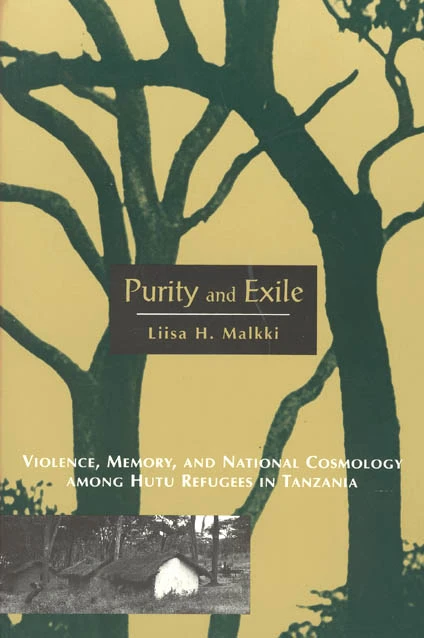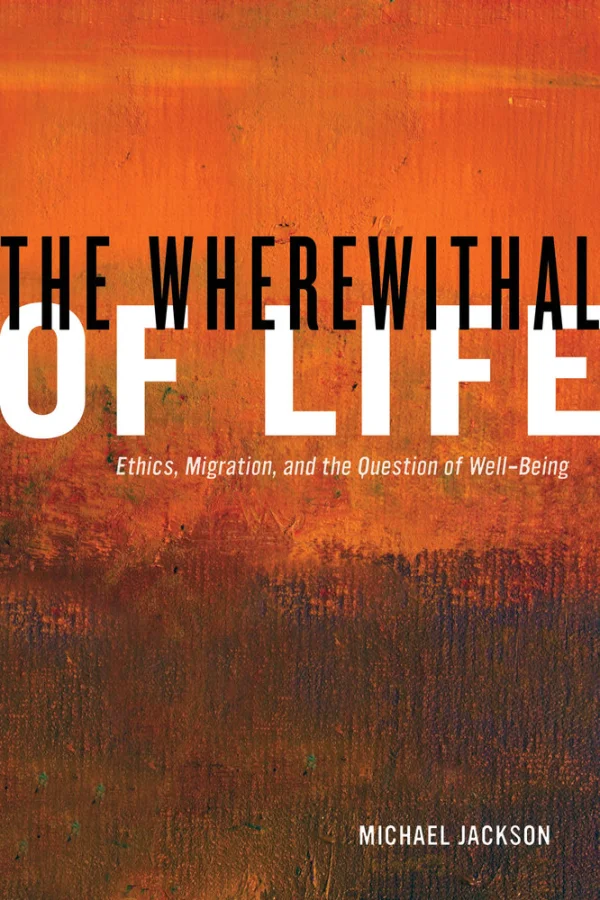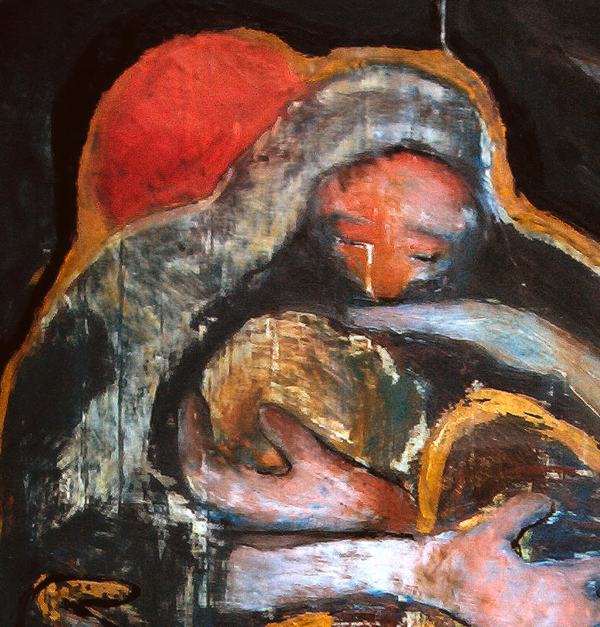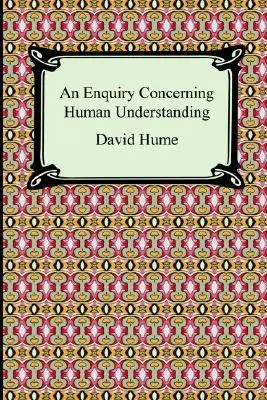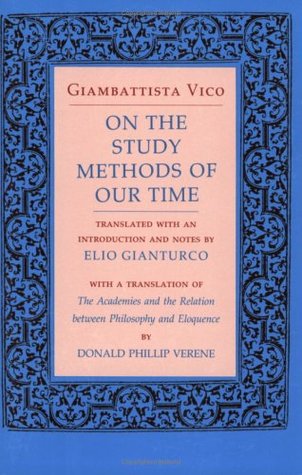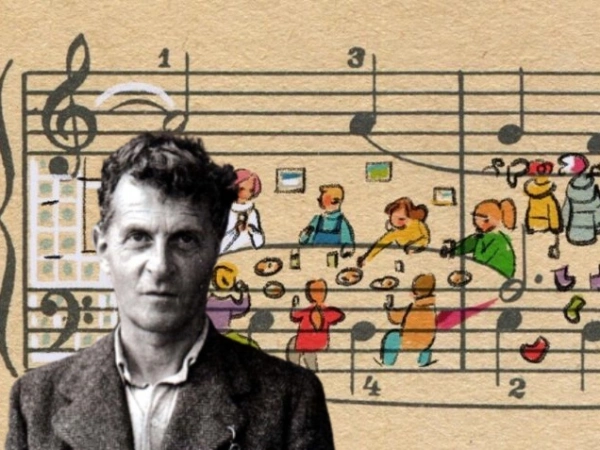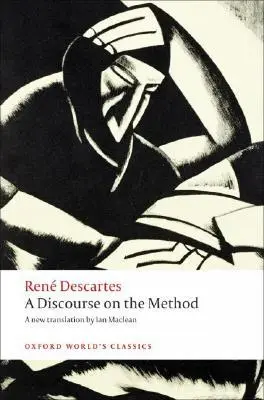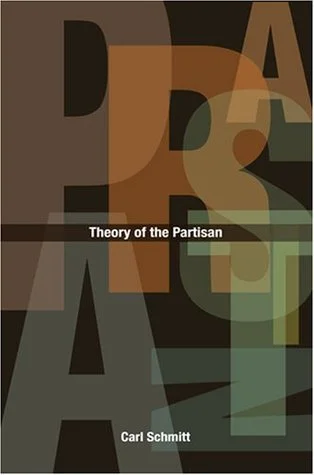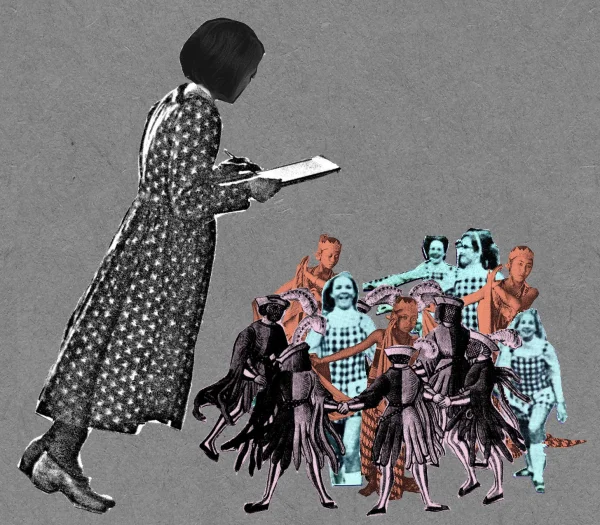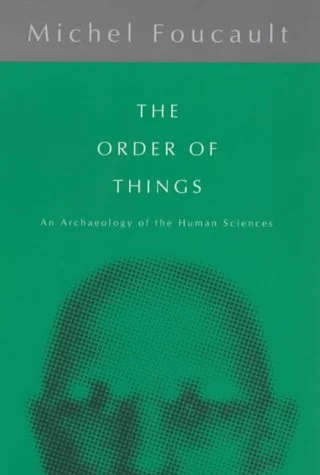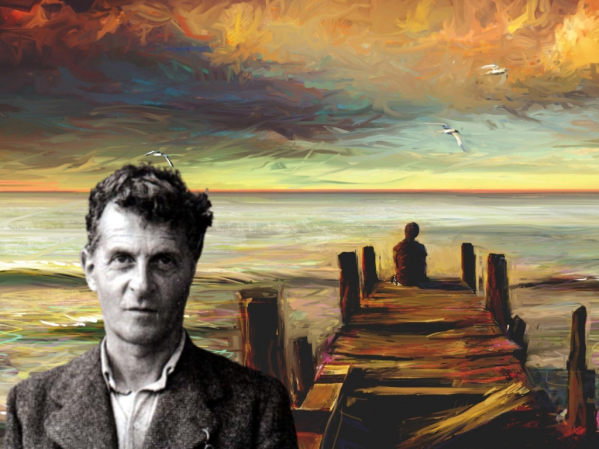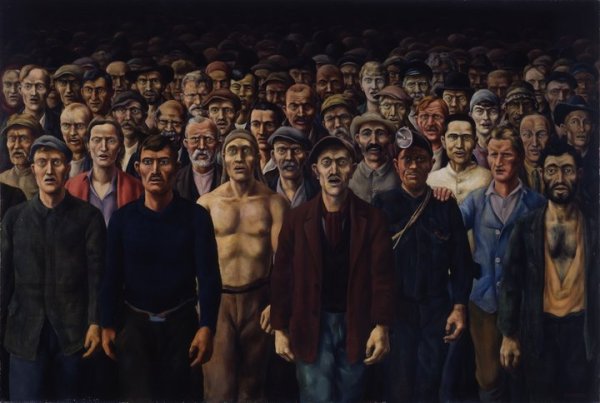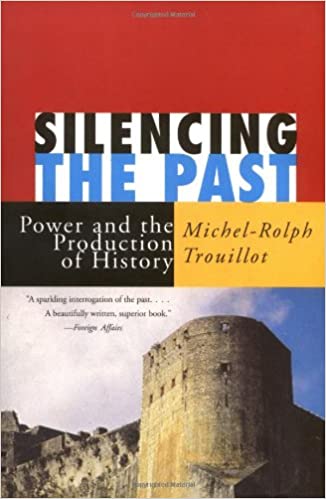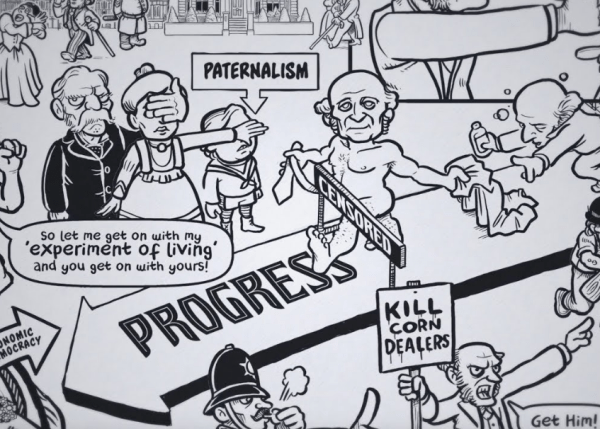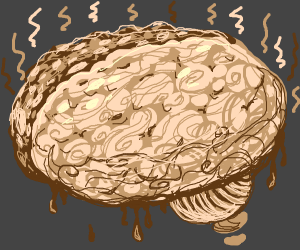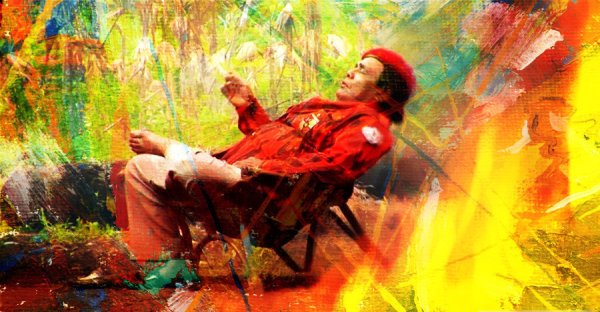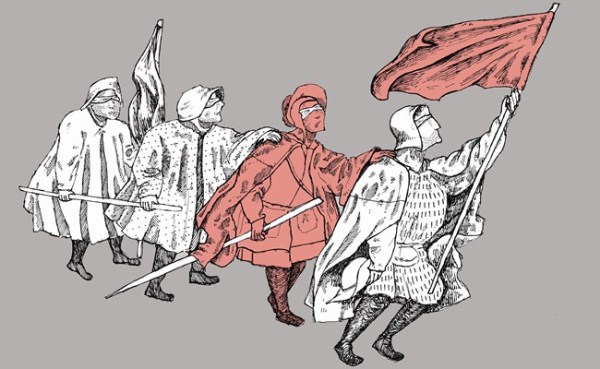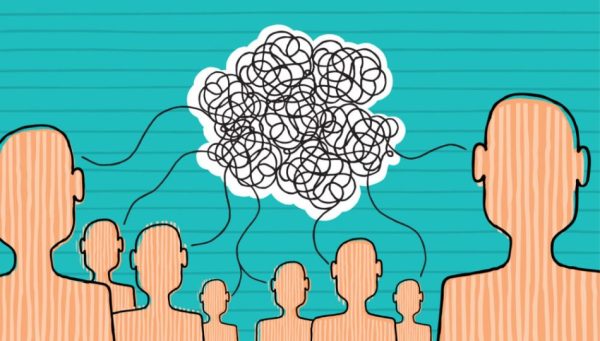Given how all thought systems, aesthetic judgments, or moral frameworks are deeply embedded in the flow of the lived world, human experience becomes the ultimate source of value and meaning and a broker of what is perceived as reality. Such significance then calls into question the limits and dynamics of...
Book Review: ‘Conducting Conduct’: Foucault’s Governmentality
The mentioning of Foucault often reminds one of the ways of understanding and analyzing the disciplinary technologies and discourses at play in various institutions—be it prisons, hospitals, or asylums—that the modern citizen is subject to. And so, throughout his works, one is also presented with the relationships between...
Combined Book Review: Care and Its Discontents: Two Ethnographic Cases
The precarity of the human condition makes care a vital fabric of social life and acts of care a driving force of our moral engines. Despite how there is so much care work to be done and how often such acts are received with awe and gratefulness, no care work, arguably, is straightforward or without an issue. Every act of care bears with it...
Combined Book Review: The Inevitable Within Grasp: Contemporary Death and End-of-life
Death is surely a defining feature of the human condition—tying every being together with its universality and constituting the ethical substance of many lives. Beneath such universality, however, lies particular understandings of how a ‘good death’ should be. One could, perhaps, argue that...
Storytelling, World-making, and Re-creating
Stories are profound as they provide a room for us to exist through reconfiguring memories. In this sense, memory is not simply the mechanism of storing and recalling certain knowledge and experiences but it is a social and political process that comes to being within interpersonal relationships and takes shape through stories. The anthropologist Michael... Continue Reading →
Book Summary: Hermeneutics: A Very Short Introduction / Jens Zimmermann
Chapter 1: What is hermeneutics? According to Zimmermann, a simple answer to the question is that "it means interpretation" (p.1). "Interpretation occurs in many fields of study and also day-to-day life. We interpret plays, novels, abstract art, music and movies, employment contracts, the law, the Bible, the Quran, and other sacred texts; but we also... Continue Reading →
Book Review: Palestinians Born in Exile: Diaspora and the Search for a Homeland / Juliane Hammer
Hammer, Juliane. Palestinians Born in Exile: Diaspora and the Search for a Homeland. University of Texas Press, 2005. In this ethnographic book Juliane Hammer, a scholar of Religious Studies with a focus on Islam, writes about the different ways Palestinians born in exile subjectivize their Palestinian identity and how they experience 'return' to homeland. She has... Continue Reading →
Rethinking Giving and Receiving in a Pious Economy: Giving to God
In his famous essay The Gift, Marcel Mauss touches upon the concept of reciprocity in gift-giving and contends that no gift is disinterested. By drawing on ethnographic observations, such as those on potlatch, a ceremonial gift-giving feast practiced in some places in North West America, he argues that potlatch is a competition for prestige that... Continue Reading →
The Sovereign Right to Maim and Repair
In her book, The Right to Maim: Debility, Capacity, Disability, Jasbir Puar looks into the settler-colony of Israel in Palestine to bring forth a crucial understanding of sovereignty and its relation to the body. She specifically analyses the deliberate maiming techniques used by the Israel Defense Forces (IDF) which attempts to keep Palestinian casualties low... Continue Reading →
Book Summary: Purity and Exile: Violence, Memory, and National Cosmology among Hutu Refugees in Tanzania / Liisa H. Malkki
In her ethnographic work, Malkki researches the Hutu refugees in exile in Tanzania who had to flee their homes in Burundi due to a bloodbath of ethnic conflicts with the Tutsis, a minority group that controlled the military in the country. Malkki categorizes refugees as camp and town refugees and thus conducts multi-sited fieldwork in... Continue Reading →
Book Summary: The Wherewithal of Life: Ethics, Migration, and the Question of Well-being / Michael Jackson
In his book, Michael Jackson looks deeply into the lives of three individuals, Emmanuel Mulamila, Roberto M. Franco, and Ibrahim Ouedraogo while shedding some light on their journeys that concern the endurance of life via different ethical modes of being, how these individuals approach and derive meanings from their extraordinary encounters in life, and what... Continue Reading →
Woe is me
Woe to those who dwell on the past while the moment recreates history Woe to those who gaze into the far horizons of time while the next breath is of no guarantee [...]
Forgiveness: a Bilateral “Liberation”?
In his book called The Sunflower: On the Possibilities and Limits of Forgiveness, Simon Wiesenthal narrates his story as a concentration camp inmate who is asked for forgiveness by a dying Nazi soldier--a story which takes the reader to a moral dilemma that Simon could not find the answer of. The latter part of the... Continue Reading →
Book Summary: The Sunflower: On the Possibilities and Limits of Forgiveness / Simon Wiesenthal
In The Sunflower Simon Wiesenthal narrates his story that occurred during his time as a concentration camp inmate during the reign of the Nazis; a time in which many, such as his friends, had lost hope and started questioning God: "It is impossible to believe anything in a world that has ceased to regard man... Continue Reading →
Book Summary: An Enquiry Concerning Human Understanding / David Hume
Section I: Of the Different Species of Philosophy According to Hume, “moral philosophy, or the science of human nature, may be treated after two different manners” (p.1). The first type of philosophical thinking he refers to is one that considers man born for action, considers his taste and sentiment, borrows help from poetry and eloquence,... Continue Reading →
This Too is a Mindless Self-expression
It is quite a curious matter that throughout the human history, the farther we go back from the present, the more outward and far-flung our gaze seems to have been. The earliest sciences have been concerned with phenomena that are physically the most distant from our very selves. Astronomy, natural philosophy, geometry… In contrast, the... Continue Reading →
Book Summary: On the Study Methods of Our Time / Giambattista Vico
I According to Vico, “the men of the modern age, have discovered many things of which the Ancients were entirely ignorant; the Ancients, on the other hand, knew much still unknown to us” (p.4). And pursues the question ‘which study method is finer and better, ours or the Ancients?’ while describing his goal as “to... Continue Reading →
Wittgenstein, Culture, and Value: Language-games and Forms of Life
According to Wittgenstein, examples of language are meaningful only in the context that they are uttered in — that is, according to the “rule” of the “game” being played. As a very simple example, the utterance “Fire!” could be an order, an answer to a question, an instant reaction, or some other forms of communication.... Continue Reading →
Book Summary: A Discourse on the Method / René Descartes
Part One Descartes states that every man is equally equipped with “good sense”, which is the faculty of judgement that leads one to wisdom. However, “it is not enough to possess a good mind; the most important thing is to apply it correctly” (p.2). Although each person may be equal in possessing the same forms... Continue Reading →
Book Summary: Theory of the Partisan: Intermediate Commentary on the Concept of the Political / Carl Schmitt
Introduction View of the Initial Situation 1808-13 Schmitt writes, “the initial situation for our consideration of the problem of the partisan is the guerrilla war that the Spanish people waged against the army of a foreign conqueror from 1808 until 1813. In this war, a people—a pre-bourgeois, pre-industrial, pre-conventional nation—for the first time confronted a... Continue Reading →
Towards a Transformative Anthropology with Tim Ingold
Anthropology, as a discipline, has been concerned with the very lives of people—focusing on how different people experience and interpret the world, which many other disciplines in the social sciences have been attentive to as well. Nevertheless, the most remarkable trait that has distinguished anthropologists from scholars of other fields has been the participant-observation method that they... Continue Reading →
Book Summary: The Order of Things: The Archaeology of the Human Sciences / Michel Foucault
Preface Foucault’s inspiration of writing the book originated from a joke by Borges, who provided various definitions from a ‘certain Chinese encyclopaedia’ that divided animals into categories such as belonging to the Emperor, embalmed, tame, sucking pigs, sirens, drawn with a very fine camelhair brush, that from a long way off look like flies… Having... Continue Reading →
Anthropology and ‘Southeast Asia’: Can the Region Be a Field?
Introduction If one is to investigate the academic circles today, s/he can soon realize that every academic field is being divided into further specializations and each researcher is asked to narrow down their focus and to do a more meticulous study. This is something which I have personally become conscious of as an anthropology student—seeing that a major difference between... Continue Reading →
Morality—a Social Essential?
“Nothing is true, everything is permitted” was supposedly the last words of the founder of a 12th-century Persian assassin group called Hashashin. It is a quote that has inspired thinkers like Nietzsche to include it in his work and regard it as the freedom of the spirit (1989). Although such a way of thinking argues that a “truly free individual” would not conform to social moral obligations due to a supposed contradiction between one’s “true... Continue Reading →
Liberal Democracies’ Indifference to Cultural Difference
In his writing The Cultural Limits of Legal Tolerance, Benjamin L. Berger examines the idea of multiculturalism and pluralism in the context of Canadian law. Although, like most other liberal democracies, there is a claim of ideas of religious pluralism, religious freedom, and multiculturalism being inherent in the democratic identity of Canada; the law’s approach... Continue Reading →
Enlightenment, the Rediscovery of Rationality?
A common way of describing the Enlightenment period centers around the discourse of “rationalization”. It is assumed that it is by abolishing the orders of the Church that the individuals empowered themselves via exercising their reason and purging the bigotry that was accumulated throughout the Dark Ages of Europe. For such reasons, when one speaks... Continue Reading →
Can the Secular Speak of Human Economic Activity?
If we are to investigate discourses of economics brought by people of varying intellectual backgrounds such as anthropology, sociology, history, and economics, we can see how some thinkers have looked into structures, some have investigated morality, some have examined cultures, and some have examined pure numbers. After having an (superficial) exposure to such different views on a very human aspect of... Continue Reading →
Wittgenstein, Culture, and Value: The Disappearance of a Culture
One of Wittgenstein's personal notes, taken from the book Culture and Value, states: "I realize then that the disappearance of a culture does not signify the disappearance of human value, but simply of certain means of expressing this value, yet the fact remains that I have no sympathy for the current of European civilization and... Continue Reading →
Wittgenstein, Culture, and Value: “Whereof one cannot speak, thereof one must be silent.”
In his work called Tractatus Logico-Philosophicus, Wittgenstein ends his book with the stunning phrase: "Whereof one cannot speak, thereof one must be silent". Although this phrase of his has deeply affected me and my thinking, it is quite ironic that what I am doing right now contradicts with the literal meaning of the phrase, that... Continue Reading →
Dubious Sites of Vague Human Activity: Internal and External Goods… A Modern Paradox
In the previous post of this series, we entered into the office and made a distinction between "peculiar" and "out of context" occupations. We defined "peculiar" jobs as those that are particularly useful to and designed for the site that it works for, such as a curator or an archivist. On the other hand, we... Continue Reading →
Book Summary: Silencing the Past / Michel-Rolph Trouillot
Chapter 1: The Power in the Story Trouillot mentions how we participate in history both as actors and narrators. For him, history means both 'what happened' and 'what is said to have happened'. The former suggests the sociohistorical process, while the latter speaks about our knowledge of that process. He further mentions how there are... Continue Reading →
Dubious Sites of Vague Human Activity: Office Labor without Intrinsic Good?
Previously in this series, we entered into one of the most common workplaces: the office. And in this post, I will touch on the purposelessness of many occupations that are bounded by this site. As I had mentioned before, my examples are derived from an office atmosphere that was observed during an internship in a... Continue Reading →
Dubious Sites of Vague Human Activity: Offices and Embodied Keyboards
In the previous post of this series, as a product of an (internship) experience, I mentioned a couple of paradoxical aspects of history museums. Since most of the museum work takes place in the office, I would now like to make a shift towards this dubious site. To be more specific, I am interested in... Continue Reading →
Dubious Sites of Vague Human Activity: Museums and The Exotic
A history museum is definitely an interesting place to examine. Putting it simply, every artifact and painting is neatly placed to form a narrative of a historical story. The lighting, the colors, the music, the labels, the orientation of showcases etc. are methodically organized to create an atmosphere in which the observer not only learns... Continue Reading →
The Nature of Culture
I would like to start with the question: Can there be multiple truths? Or is truth supposed to be one, as in 'The Truth'? Well, according to cultural anthropology, your truth is not the only truth. What I consider as true, moral or taboo could be completely different from your understanding. And so many factors... Continue Reading →
A Critique of Mill’s Harm Principle
If we ask the question “How would a society’s happiness be maximized?”, John Stuart Mill, an advocate of utilitarianism, would answer “by defending personal freedom of the individuals”. In fact, his commitment to following a utilitarian approach to forming an ideal society is the reason for his attempts of defending individual liberty in his book... Continue Reading →
AI “Revolution”?
We all know that phrases such as “Artificial Intelligence”, “Machine Learning” and “Data Science” have become buzzwords thrown in every corner. Surely today is the era of Artificial Intelligence with the emergence of Big Data and with the leap in computation power. Perhaps, we are going through a revolution, a technical revolution, that will be... Continue Reading →
Reflection on a Minor Field-trip to Chungking Mansions, Hong Kong
(Originally written in November 6, 2019) Chunking Mansions... A place so crowded yet so lonely in middle of Tsim Tsa Tsui. It is crowded because a lot of people from South Asia and Africa, whether Hong Kong citizens, asylum seekers or illegal workers, strive to make a living. It is lonely because it is, in... Continue Reading →
Art and Structural Violence: A Reflection on ‘The Act of Killing’
Foucault states that power’s success is proportional to its ability to hide its own mechanisms (1978: 86). But what happens when power, acquired with means of violence, not only hides itself but is applauded by masses? What if violence becomes a trait of an identity that is celebrated? The documentary ‘The Act of Killing’ precisely... Continue Reading →
Fear Opposed to Illusive Power
When the two words ‘fear’ and ‘love’ come together in a sentence, it often causes ambiguity as such feelings are at times intertwined with each other. Do people fear God because they are afraid of losing his love? Do people love their parents due to their strict guidance of their kids’ lives? Such vagueness and... Continue Reading →
Book Review: Political Leadership among Swat Pathans / Fredrik Barth
Barth, Fredrik. Political Leadership among Swat Pathans. 1st Pbk. Ed. with Corrections ed. London: Athlone, 1965. Print. Monographs on Social Anthropology ; No. 19. This fascinating yet terrifyingly complex ethnography, published in 1959, is about the Pashto-speaking people (Pathans) of the Pakistan-Afghanistan border area called Swat. Fredrik Barth claims the main purpose of his study... Continue Reading →
Japan and Power: Kawaii is Power!
Scholars since the late 20th century have been much interested with the concept of kawaii. We have come to a point in which the term is not only attractive to scholars of Japanese Studies but most people around the world, who have inevitably been in contact with products that inhabit the concept. But what exactly... Continue Reading →
Japan and Power: A Perfect Fit for Modernity
Japan, an imperial power in history, has gone through various transformations in many areas such as economics, politics, consumerism, popular culture etc. And such transformations have surely changed Japan’s influence in the world after World War Two. Among the areas of vast transformations and novelties that Japan has gone through, I am particularly interested in... Continue Reading →
Japan and Power: Soft Power in Becoming a Superpower
It has become widely accepted that, day by day, national borders are being erased in the world. With globalization, some local cultures, practices and commodities have become known worldwide to become an ingredient contributing to the so-called ‘global culture’. And with the contribution of ‘kawaii’ culture of Japan (be it in music, cartoons, or video... Continue Reading →
Concepts in Linguistic Anthropology: Linguistic Relativity and Nationalism
Eve Haque states that the two most recurrent schools of thought on nationalism in conventional scholarship is primordialism and modernism. While describing primordialism, she mentions how language is a central element around which the nation is organized. Johann Gottfried Herder is presented as linking the ideas of reason and language by stating how each nation... Continue Reading →
Concepts in Linguistic Anthropology: Medium of Interaction and Media Ideology
In her article, Tracy LeBlanc-Wories describes presents debates on whether technology, the medium of interaction, affect communication (2015). She states that scholars before the 1990s mostly neglected the potential community aspects of the internet. In later periods, Leblanc-Wories explains how research projects of Malcolm R. Parks and Kory Floyd not only argued how people use... Continue Reading →
Concepts in Linguistic Anthropology: Language Socialization and Color Categorization
Amy L. Paugh states that language socialization research looks into how children and other novices are socialized via language, and how they socialize with others, as they learn to use languages through interactions with relatives and friends (2015, 125). Paugh further states that the study of language socialization consists of two interdependent developmental processes. The... Continue Reading →
Concepts in Linguistic Anthropology: Language Ideology and New Chinglish
Paul V. Kroskrity defines “language ideologies” as the “beliefs, feelings, and conceptions about language structure and use, which often index the political-economic interests of individual speakers, ethnic and other interest groups, and the nation-state." (2015, 95) In other words, language ideologies are our beliefs about languages and their users. To further elaborate, it is through... Continue Reading →
Concepts in Linguistic Anthropology: Community of Practice and Swearwords
The concept of ‘community of practice’ was first introduced to language and gender research by Penelope Eckert and Sally McConnel-Ginet (Pichler 2015, 196) who define it as “an aggregate of people who come together around mutual engagement in an endeavor. Ways of doing things, ways of talking, beliefs, values, power relations - in short, practices... Continue Reading →
Reversing the Irreversible Flow of History
What is the purpose of punishment? A tool for justice? Or a legitimate way of taking revenge? When justice is sought, why do we ask the question 'who should we punish' instead of asking 'why do we punish'? As Nietzsche writes in On the Genealogy of Morals, institutions of law take revenge out of the... Continue Reading →

